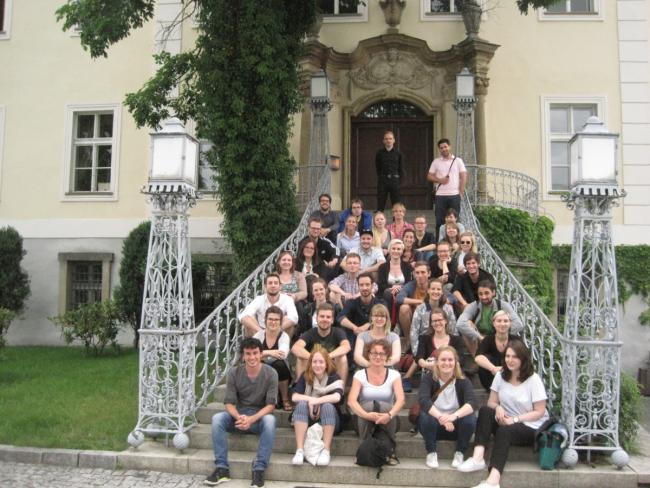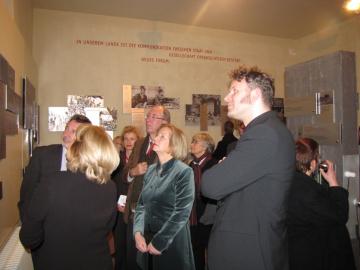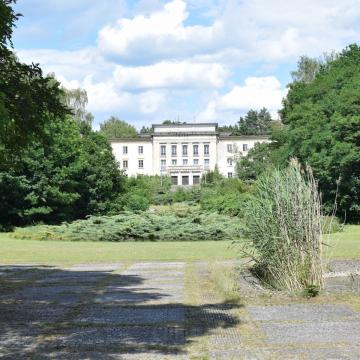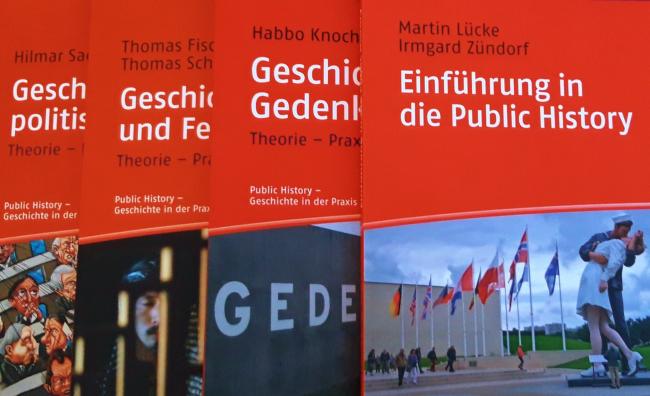Since the winter semester of 2008–09, the Free University of Berlin and the ZZF have jointly offered a practice-oriented, consecutive master’s degree program in Public History. The program takes into account a considerable media interest in history and the growing social significance of museums, memorial sites and other places of historical learning. This degree program qualifies its graduates in particular for tasks requiring the preparation and communication of specialist knowledge in a broad public context. This includes work in the media, at publishing houses, museums and memorial sites, in organizations, foundations and companies.
Here you can find further information on the degree program:
- Object / Focus of the degree program (PDF, in German)
- Admission requirements (PDF, in German)
- Structure of the program (PDF, in German)
- Application (PDF, in German)
- Study and examination regulations / Conditions of placement (PDF, in German)
- Key information (PDF, in German)
- To see International seminars offered by the degree program klick here
Home page: public-history.fu-berlin.de




